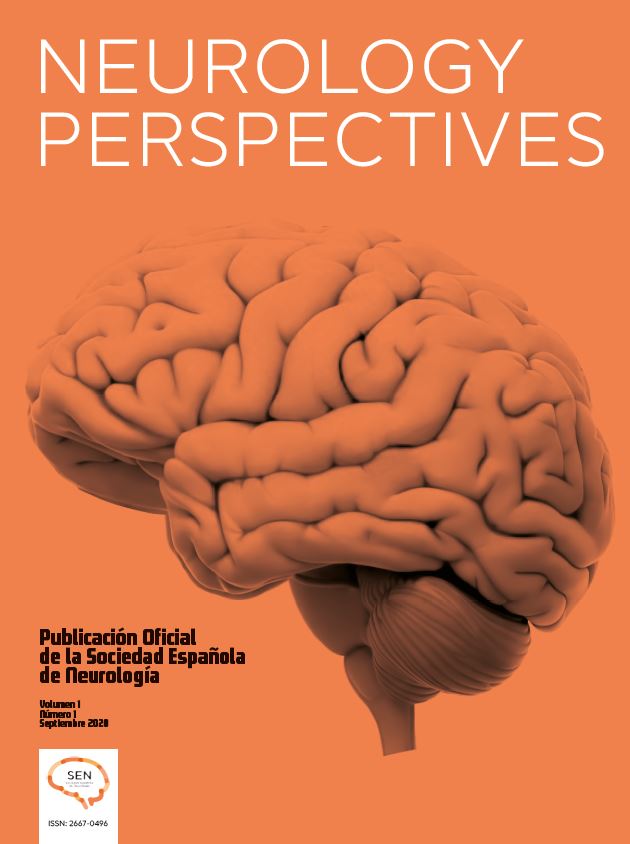El tratamiento con anticoagulantes antivitamina K es especialmente temido por la gran variabilidad de su efecto terapéutico. Los inhibidores de la trombina han demostrado su eficacia y seguridad en la prevención del ictus en pacientes con fibrilación auricular (FA) no valvular con los criterios de inclusión del estudio RE-LY. El dabigatrán es tan eficaz pero mucho más seguro que los fármacos antivitamina K (110mg/12h) o más eficaz con similar margen de seguridad (150mg/BID). El dabigatrán no produce hepatotoxicidad y no precisa monitorización. La elección de la dosis debe basarse en factores específicos del paciente (comorbilidad coronaria, descenso de la función renal, edad, bajo peso, administración de fármacos para la FA o inhibidores P-gp, historia de hemorragia digestiva). Constituye sin duda la nueva alternativa a los antivitamina K, mejor en muchos aspectos y realmente preferida para la mayoría de pacientes considerando los incovenientes de los antivitamina K.
Therapy with vitamin K antagonists (VKA) is especially feared because of its variable therapeutic effect. Direct thrombin inhibitors have been demonstrated to be safe and effective in preventing stroke in patients with atrial fibrillation (AF) eligible for inclusion in the RE-LY trial. Dabigatran provides equal or superior efficacy to VKA (110mg BID) and is much safer than VKA, with a similar safety margin (150mg BID). Dabigatran does not lead to liver dysfunction and does not require monitoring. The choice of dose should be based on specific patient characteristics (coronary disease, decreased renal function, age, low body weight, administration of other drugs for AF or P-glycoprotein inhibitors, history of gastrointestinal bleeding). Dabigatran is a viable alternative to VKA that provides many advantages over these drugs and is certainly preferred by most patients due to the problems of VKA follow-up.






